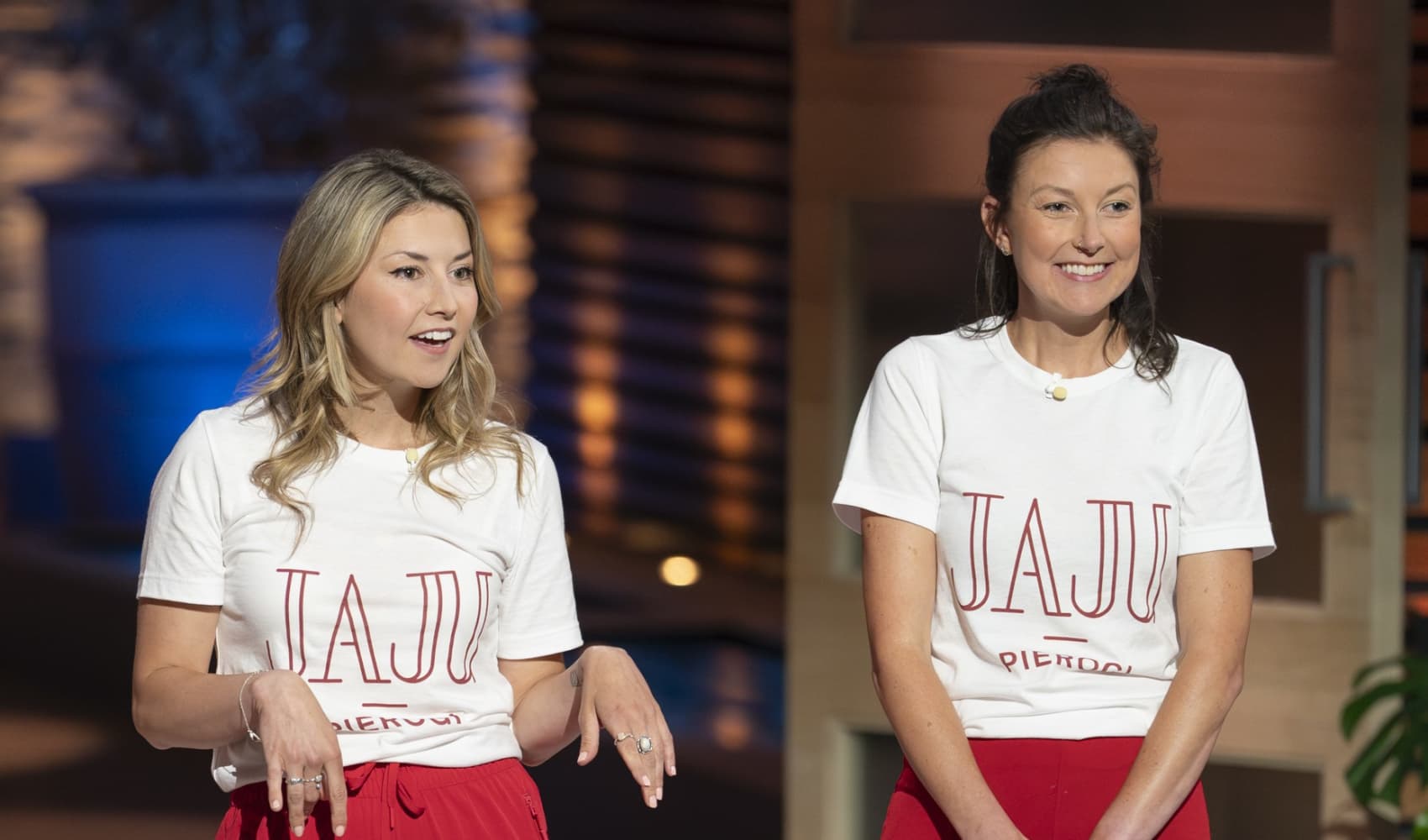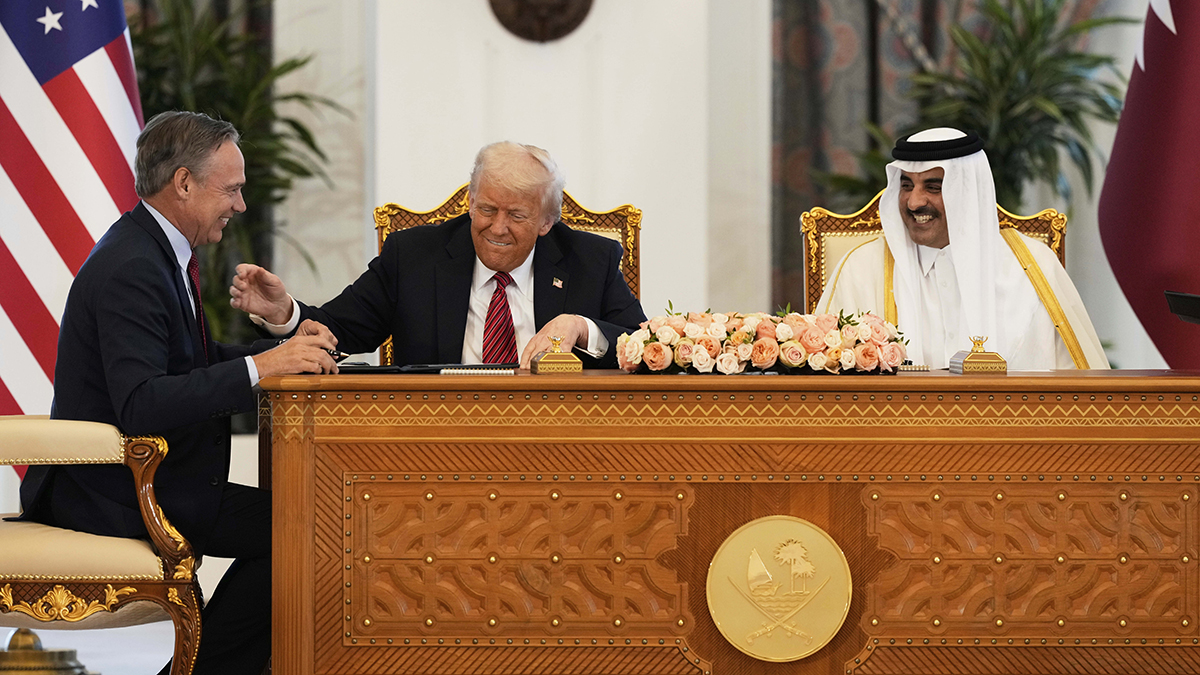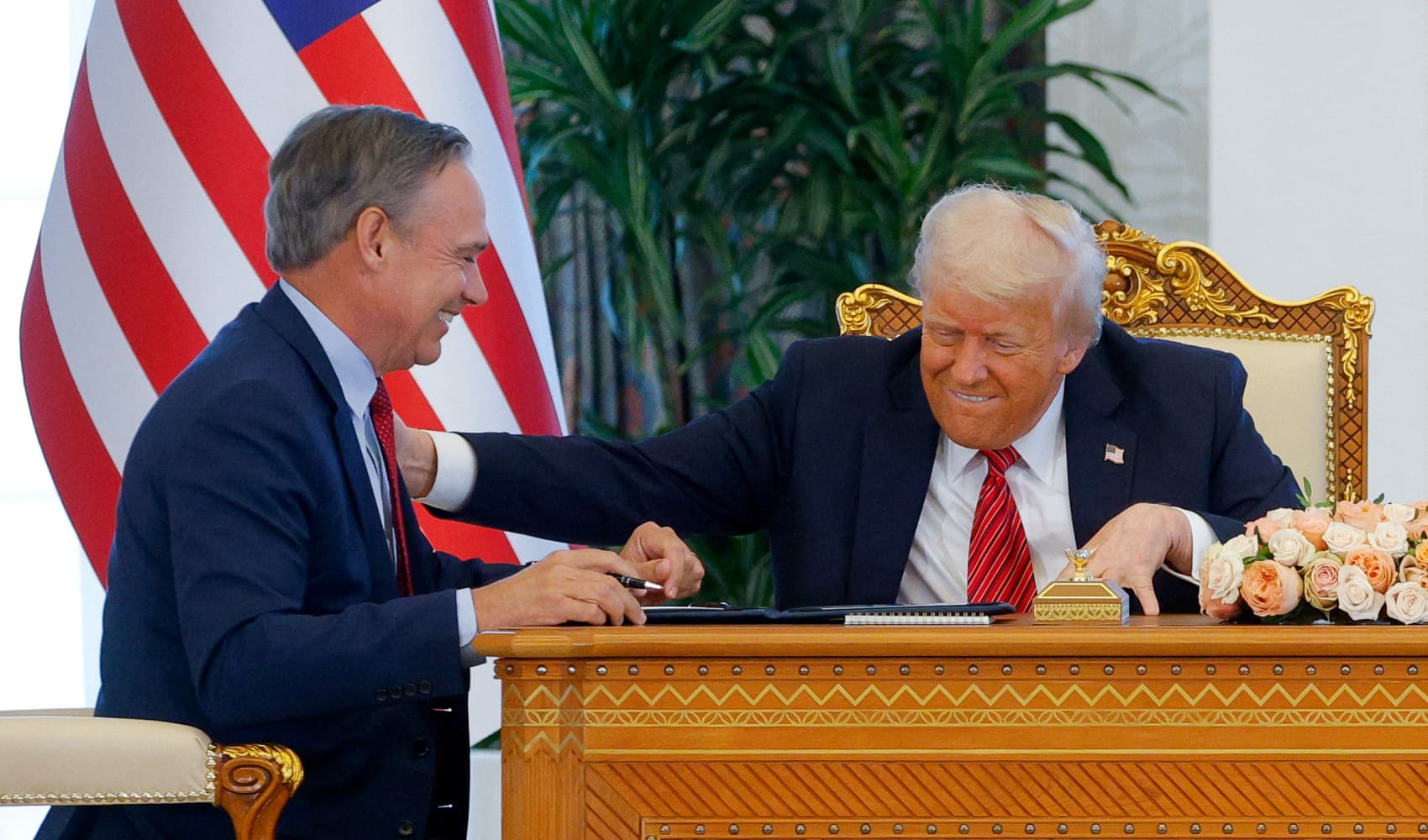Why Mark Cuban Passed on Pierogi 'Shark Tank' Deal
Mark Cuban's Pierogi Paradox: The 'Shark Tank' Deal He Couldn't Stomach
Introduction: When Love Leads to a Pass
Imagine pitching your heart and soul, your family legacy, to some of the toughest business minds in the country. That's precisely what Casey and Vanessa White did when they stepped into the "Shark Tank" with their company, Jaju Pierogi. And what if one of those Sharks *loved* your product? Would you assume a deal was in the bag? Well, in a surprising twist, Mark Cuban's affection for Jaju Pierogi actually *prevented* him from investing. Intrigued? Let's dive in.
Jaju Pierogi: A Family Recipe for Success?
The White sisters entered the Tank seeking $300,000 for an 8% stake in their business. Their pitch centered around Jaju Pierogi, a company built on their grandfather's handwritten recipe book from the 1960s. They took those classic Polish dumplings and gave them a modern twist, offering various flavors. But would the Sharks bite?
From Grandfather's Kitchen to National Stage
Casey and Vanessa’s story is one of family heritage and entrepreneurial spirit. They weren’t just selling pierogi; they were selling a connection to their roots. This authenticity resonated with the Sharks, particularly Mark Cuban.
Mark Cuban's Confession: A Pierogi Pilgrimage
Cuban's reaction was immediate. He confessed a deep-seated love for pierogi, recalling his childhood experiences. "I grew up on pierogi... One of the beauties of pierogi is it's greasy and gooey," he said, praising the "loaded baked potato" flavor. It seemed like a match made in pierogi heaven!
"I Have No Willpower..." The Dealbreaker
Here's where the story takes an unexpected turn. Despite his passion, Cuban declined to invest. His reasoning? "I have no willpower with stuff like this." Let that sink in. The man who invests in countless companies, who knows how to scale businesses, admitted his love for pierogi was his Achilles' heel.
Understanding the "Willpower" Factor
What exactly did Cuban mean? Was it just about avoiding overeating? Or was there more to it?
The Dark Side of Passion: Lack of Objectivity
Imagine investing in a company whose product you absolutely adore. Would you be able to make rational, objective decisions? Or would your love for the product cloud your judgment? Cuban seemed to recognize this potential pitfall. He knew his passion for pierogi could make him a less effective investor for Jaju Pierogi.
The Allure of the "Greasy and Gooey"
Cuban specifically mentioned the "greasy and gooey" nature of pierogi. Was he worried about over-indulgence? Perhaps. But it also hinted at a deeper concern: could he separate his personal desires from the business needs? Could he objectively evaluate the health aspects of this type of food with a clear mind?
The Other Sharks' Perspectives
While Cuban grappled with his pierogi passion, the other Sharks weighed in with their own offers and concerns.
Lori Greiner: The QVC Queen
Lori Greiner, known for her success on QVC, saw potential in the product but questioned the valuation. She wondered if the sisters had truly figured out their customer acquisition strategy.
Kevin O'Leary: Mr. Wonderful's Royalties
Kevin O'Leary, always looking for a deal, offered a royalty-based structure. He wanted a return on his investment before relinquishing equity. His reasoning focused on the need to scale effectively and see returns quickly.
Barbara Corcoran: Building Brands with Heart
Barbara Corcoran, often drawn to stories with strong emotional connections, recognized the family history and potential brand narrative. She acknowledged the challenges but saw value in the sisters' dedication.
Guest Shark Daniel Lubetzky: The Kind Bar Mogul
Daniel Lubetzky, founder of Kind Bar, brought his expertise in the food industry to the table. He understood the challenges of navigating the grocery store landscape and offered insights into distribution and marketing.
The Deal: A Collaborative Effort
Ultimately, Jaju Pierogi struck a deal with Lori Greiner and Daniel Lubetzky. They offered $300,000 for a slightly higher equity stake than initially proposed. It was a collaboration that brought together Greiner's retail expertise and Lubetzky's food industry knowledge.
Lessons Learned from the Tank: A Recipe for Success
What can entrepreneurs learn from Jaju Pierogi's "Shark Tank" experience?
Authenticity Matters: Embrace Your Story
Jaju Pierogi's success stemmed from their authentic story. They weren't just selling pierogi; they were selling a connection to their family history and Polish heritage. Consumers connect with authenticity.
Know Your Numbers: Valuation and Metrics
The Sharks consistently questioned the valuation. It's crucial to understand your company's financials and be prepared to justify your valuation. Know your metrics, your customer acquisition cost, and your profit margins.
Don't Be Afraid to Negotiate: Flexibility is Key
The sisters were willing to negotiate and adjust their offer to secure a deal. Being flexible and open to different deal structures can be the difference between success and failure in the Tank.
Finding the Right Investor: More Than Just Money
Securing funding is important, but it's equally important to find investors who understand your business and can provide valuable expertise. The combination of Greiner and Lubetzky offered Jaju Pierogi a powerful partnership.
Beyond the Tank: Jaju Pierogi's Future
What happened to Jaju Pierogi after their appearance on "Shark Tank"?
Scaling Up: Expanding Production and Distribution
With the investment from Greiner and Lubetzky, Jaju Pierogi was able to scale up its production and expand its distribution. They secured placement in more grocery stores and online retailers.
Brand Building: Telling Their Story to a Wider Audience
The "Shark Tank" appearance gave Jaju Pierogi national exposure. They leveraged this exposure to build their brand and tell their story to a wider audience.
The Irony of the Pierogi Paradox
In the end, Mark Cuban's inability to control himself around Jaju Pierogi highlighted a valuable lesson: sometimes, the things we love the most can be our biggest weaknesses. His honesty was refreshing, and it underscored the importance of objectivity in business.
Conclusion: A Delicious Lesson in Business and Restraint
The story of Jaju Pierogi on "Shark Tank" is a testament to the power of authentic storytelling, the importance of knowing your numbers, and the surprising impact of personal preferences. While Mark Cuban couldn't bring himself to invest due to his love for pierogi, the sisters ultimately secured a deal that propelled their business forward. It's a delicious reminder that success in business, like a good pierogi, requires a perfect blend of ingredients, including a healthy dose of self-awareness.
Frequently Asked Questions
Here are some frequently asked questions about Jaju Pierogi and their "Shark Tank" experience:
- What flavors of pierogi does Jaju Pierogi offer?
Jaju Pierogi offers a variety of flavors, including classic potato and cheese, loaded baked potato, kielbasa and kraut, and seasonal specials. - Where can I buy Jaju Pierogi?
You can find Jaju Pierogi in select grocery stores and online retailers. Check their website for a store locator. - How did the "Shark Tank" investment help Jaju Pierogi?
The investment allowed Jaju Pierogi to scale up production, expand distribution, and increase brand awareness. - What makes Jaju Pierogi different from other pierogi brands?
Jaju Pierogi's authenticity, family recipe, and modern flavor twists set them apart from competitors. Their commitment to quality and taste is also a key differentiator. - Are Jaju Pierogi products gluten-free or vegan?
Currently, Jaju Pierogi does not offer gluten-free or vegan options, but they may be exploring those possibilities in the future based on consumer demand.



